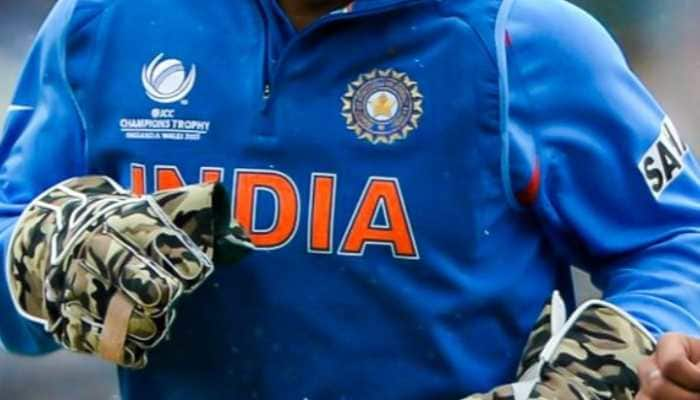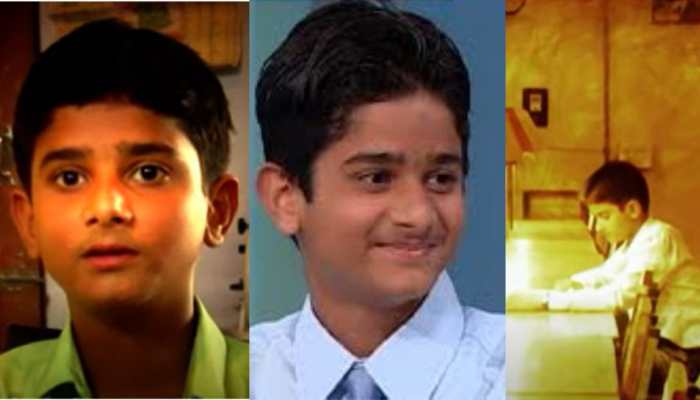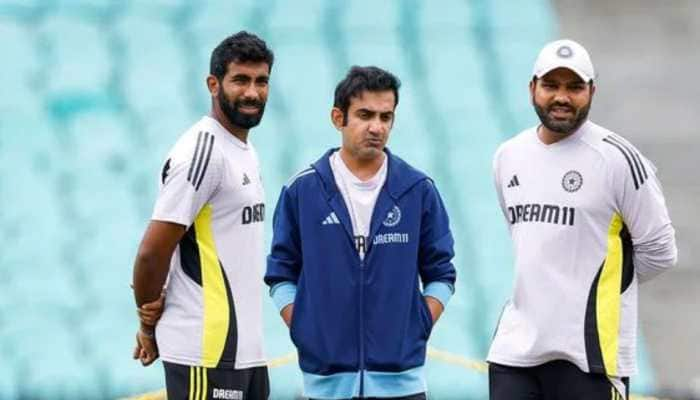Starbucks goes ‘DESI’, adds masala chai, filter coffee in menu
Starbucks is now joining the list of global fast food chains that are localising their flavours to meet the tastes of the Indian diaspora.
- The menu will also include street-style sandwiches, milkshakes, bite-sized munchies, and a smaller beverage cup.
- It will be tested in four markets: Bengaluru, Gurgaon, Bhopal, and Indore.
- Starbucks, on the other hand, already has chole paneer kulcha and turmeric latte on its menu.
Trending Photos
)
New Delhi: On July 11, Starbucks revamped its menu with masala chai and filter coffee to attract customers with Indianized and inexpensive options.
According to reports, the menu will also include street-style sandwiches, milkshakes, bite-sized munchies, and a smaller beverage cup, which will be tested in four markets: Bengaluru, Gurgaon, Bhopal, and Indore. Read More: Swiggy finds 'mystery horse rider' from viral video, says he is not a delivery boy
After Pizza Hut discovered its Indian Taste Buds with paneer pizzas, McDonald's with its 'McAloo Tikki burger,' Subway with its 'Hara Bhara Kebab,' and KFC with its 'Biryani Bucket,' Starbucks is now joining the list of global fast food chains that are localising their flavours to meet the tastes of the Indian diaspora. Read More: Elon Musk shares fatherhood gyaan! Asks employees to have more babies, enjoy THESE perks at Tesla, SpaceX
Starbucks, on the other hand, already has chole paneer kulcha and turmeric latte on its menu. So, what exactly prompted the move?
According to the company, affordability and demand for local and small-sized solutions.
With India being primarily a tea-drinking country and filter coffee being an irrefutable element of south Indian culture, the business felt it could not be absent from these categories.
"Some of the food items that we are offering as the beginning point in a Starbucks become more cheap and attract a bigger proportion of consumers," Tata Starbucks CEO Sushant Dash explained.
"The aim is also to learn, to observe consumer acceptance across markets, to see the subtleties, to check and adapt, and then to see where it goes," he continued.
Starbucks' premium posture in India contrasts with competitors Cafe Coffee Day and McCafe, which have much cheaper costs.
Starbucks, which began operations in India in October 2012, had the fastest retail expansion last fiscal year, opening a store per week on average. The company recently expanded into eight new locations, bringing the total number of stores in India to 268, spanning over 26 cities. The aggressive growth also resulted in a 76 percent increase in sales despite two Covid-19 waves, albeit from a low base.
Starbucks has previously localised its products in a number of other countries, including China, Japan, Saudi Arabia, and others.
The company has a history of adapting localization for its global market expansion, and not just in terms of product offers.
In Saudi Arabia, for example, the company's emblem, a topless mermaid, was deemed sexual and was replaced with a crown with waves.
Stay informed on all the latest news, real-time breaking news updates, and follow all the important headlines in india news and world News on Zee News.
Live Tv







)
)
)
)
)
)
)
)
)
)
